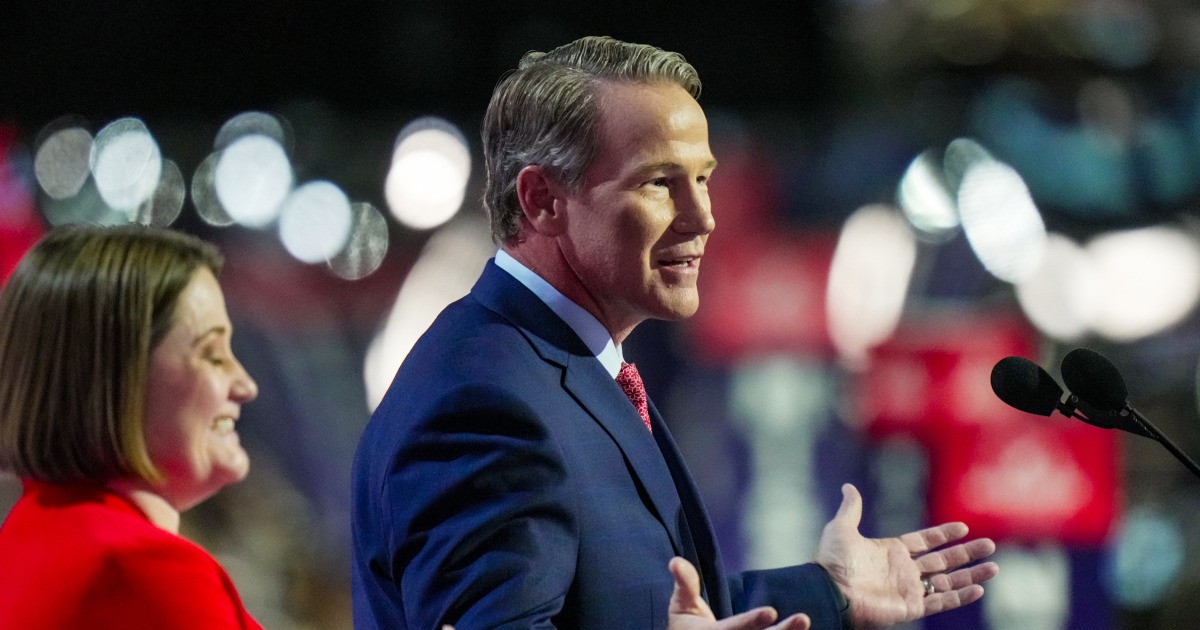Lefty political parties across the world are now more unpopular than any time since the Cold War, a staggering analysis of recent elections shows.
The Left suffered a record-low average of just 45% of votes in dozens of ballots held globally last year, according to the analysis of 73 democratic elections, conducted by the Telegraph.
In the United States and Western Europe, progressives were even more unpopular — with the left-leaning parties securing only 42% of their respective votes.
The Right, meanwhile, won 57% of the average votes — representing the widest gap since 1990, the analysis found.
The global demise of the political left comes off the back of President-elect Donald Trump’s landslide election win.
Trump, who will be inaugurated on Monday, secured the popular vote with 77 million votes compared to the 75 million his Democratic rival, Vice President Kamala Harris, raked in.
The Left’s declining popularity is only expected to continue, too, experts say.
In the wake of Harris’ defeat, leftist parties in Canada, Australia and Germany are already predicted to suffer similar losses in upcoming ballots.
“The trend is up. There is no real reason to expect that it will stop anytime soon,” Prof. Matthijs Rooduijn, a political scientist from the University of Amsterdam, told the outlet.
In Canada, polls are already showing that its firebrand Conservative leader Pierre Poilievre is the favorite to replace Prime Minister Justin Trudeau after the lefty leader’s abrupt resignation earlier this month.
Meanwhile, Australia’s conservative party has also inched ahead of its ruling progressive government prior to a planned election later this year, polls show.
Experts have pinned the right’s rising popularity, in part, on hardline immigration policies in the US and parts of Europe.
Jeremy Cliffe, of the European Council on Foreign Relations think tank, said three trends were also tied to the boost.
“The globalization-driven decline of organized labor, rising identity politics harnessed more successfully by the Right than the Left, and a general tendency among Leftist forces to fragment rather than unite,” he said.















